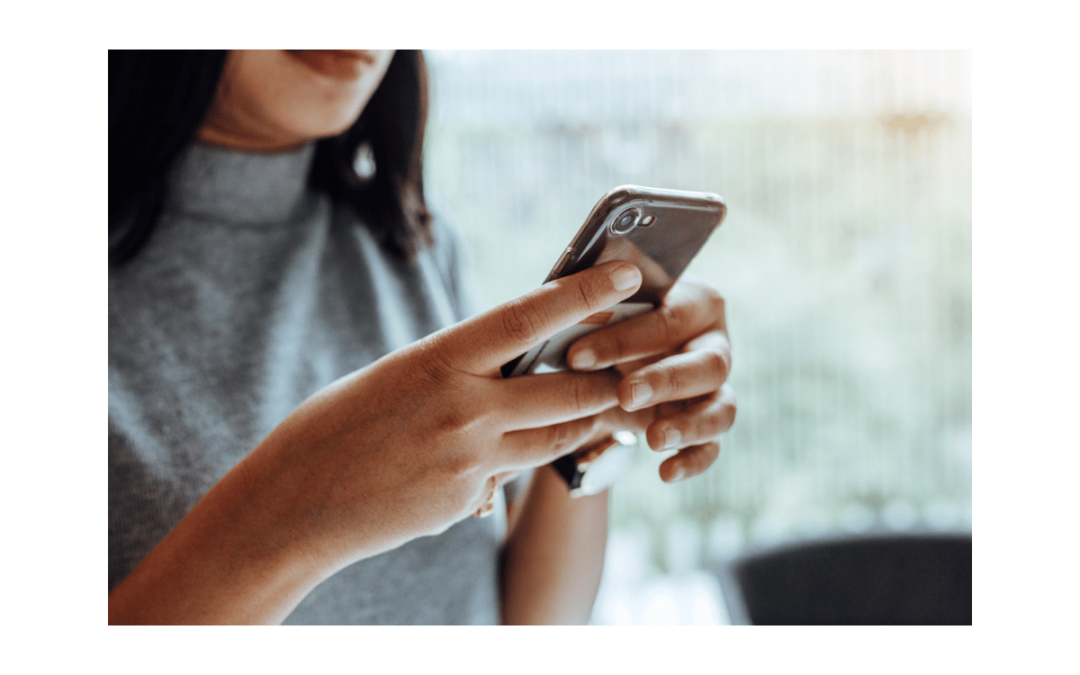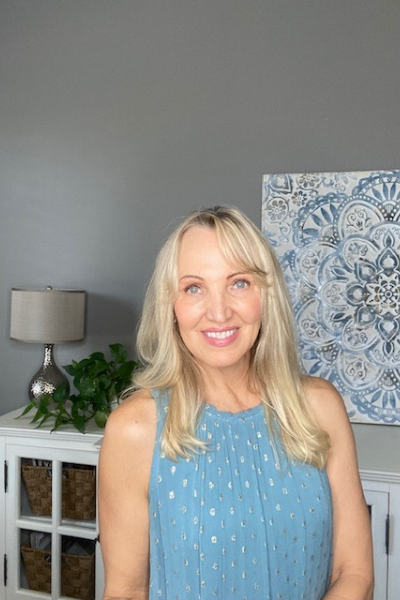In today’s fast-paced world, taking time for ourselves is essential. However, there’s a fine line between healthy self-care practices and escapism that can be detrimental in the long run. Understanding the difference is crucial for maintaining our mental and emotional well-being. In this blog post, we’ll explore the definitions of escapism and self-care, and their impacts, and provide tips for making sure your downtime is truly beneficial.
Defining Escapism and Self-Care
**Escapism** refers to the tendency to seek distraction and relief from unpleasant realities, often through activities that provide a temporary escape. Common forms of escapism include binge-watching TV shows, endlessly scrolling through social media, excessive gaming, or daydreaming. While these activities can offer short-term relief, they often do little to address the underlying issues we’re trying to escape from.
**Self-care**, on the other hand, involves intentional actions taken to preserve or improve one’s health, well-being, and happiness. Examples of self-care include exercising, meditating, spending time in nature, reading, or engaging in hobbies that bring joy and fulfillment. The goal of self-care is to nurture and recharge oneself, leading to long-term well-being.
Why the Distinction Matters
Understanding the distinction between escapism and self-care is important because it helps us make healthier choices. While escapism can provide temporary relief, it often leads to more stress and anxiety in the long run. Avoiding problems doesn’t make them go away; it just postpones dealing with them, sometimes exacerbating the situation.
In contrast, genuine self-care practices have been shown to reduce stress, improve mood, and enhance overall well-being. Self-care allows us to recharge and approach life’s challenges with a clearer, more focused mind.
How to Recognize Escapism
Here are some signs that you might be engaging in escapism rather than self-care:
– **Temporary Relief**: The activity provides only short-term distraction without addressing the underlying issue.
– **Guilt or Avoidance**: You feel guilty about the time spent or are using the activity to avoid responsibilities.
– **Negative Impact**: The activity negatively impacts other areas of your life, such as relationships, work, or health.
– **Repetitive Patterns**: You repeatedly turn to the same activity whenever you’re stressed or anxious.
Effective Self-Care Strategies
To ensure your self-care practices are truly beneficial, consider the following strategies:
- **Mindfulness**: Pay attention to how activities make you feel. Self-care should leave you feeling rejuvenated, not drained or guilty.
- **Balance**: Incorporate a variety of self-care practices into your routine. Physical, mental, and emotional self-care are all important.
- **Set Boundaries**: Limit activities that can easily become escapist, like social media or TV, and make time for nurturing activities.
- **Be Intentional**: Choose activities that truly nurture and recharge you. This could be anything from a hobby you love to spending time in nature.
- **Reflect**: Regularly assess your self-care practices and adjust as needed. What worked once might not work forever, and that’s okay.
Personal Reflection
Reflecting on your habits can help you distinguish between escapism and self-care. Here are some prompts to consider:
– **What activities do I turn to when I’m stressed or anxious?**
– **How do these activities make me feel in the short-term and long-term?**
– **Am I avoiding any responsibilities or issues by engaging in these activities?**
– **What activities leave me feeling truly refreshed and ready to face life’s challenges?**
Conclusion
By being mindful and intentional with your activities, you can ensure that your downtime truly benefits you. Remember, self-care is about nurturing yourself and enhancing your well-being, while escapism is about avoiding reality. The right balance between the two is key to a healthier, happier life.
Thank you for reading! If you found this post helpful, please share it with others who might benefit.
Additional Resources
– **Podcast Episode**: [Escapism vs. Self-Care: Finding Balance in Your Life]
– **Recommended Reading**: “The Self-Care Solution” by Jennifer Ashton, M.D.
–**Free Download**: Download your FREE copy of the Mindset Makeover to show up as the highest version of yourself.
–**Membership for women**: For an empowered mindset, join me in the More You membership for women. I’d love to see you inside.





